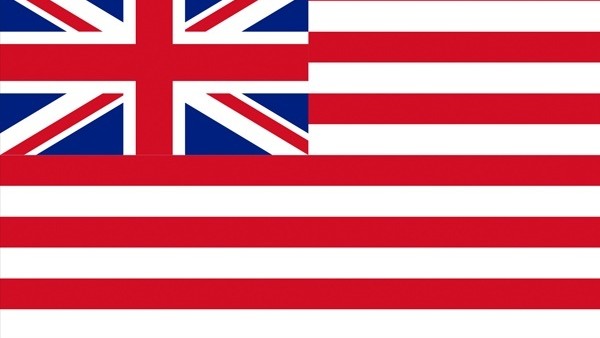10 Historical Facts You Should Know (But Probably Don’t)
1. One Of The Biggest Companies Ever Didn’t Actually Exist

This wasn’t the first bubble, although it was one of them, it was though one of the most bizarre of them. The South Sea Company is an example of how bad jumping on the band-wagon can be. The ‘Company’ advertised itself as a new East India Company, an entity which could only exist during colonial times, it promised to return riches which would be exploited from exotic lands in, yes you guessed it, the South Seas.
Shares in the Company seemed to climb and climb, it seemed foolish not to invest in the venture given the seemingly guaranteed returns. It’s hard to comprehend in modern times just how much ‘hype’ there was around this investment opportunity, imagine Apple on steroids.
Even the man who came to be considered the first Prime Minister of the United Kingdom – Robert Walpole, was taken in by the ‘miracle’ of an investment opportunity. He wasn’t the only famous or high-ranking individual to have money invested others included figures such as Isaac Newton but Walpole was lucky and managed to get out at the right time.
Walpole was only able to escape due to a disobedient financial manager but Newton, who did get out was somehow not intelligent enough to not put his money back in. Why was it such a risk to keep money in this venture? To put it simply: it didn’t actually exist. Much like that Brexit shipping company that had no ships, the South Sea Company didn’t actually do anything.
It was basically an ingenious scam, there may have been good intentions to begin with, but if you look at a map there isn’t as much land in the Southern Hemisphere and what is there was already claimed at the time. That meant that the Company just relied on pretend to generate money by selling shares and for a while this worked, share prices grew to a ridiculous high but it is easy to imagine how this story ends.
It was realised that the South Sea Company didn’t actually do anything and barely exist in anything but name and therefore wasn’t generating any money at all. Predictably the bubble burst and the only legacy was some damaged British pride and a lesson about greed and finance, of course those lessons are still followed today.